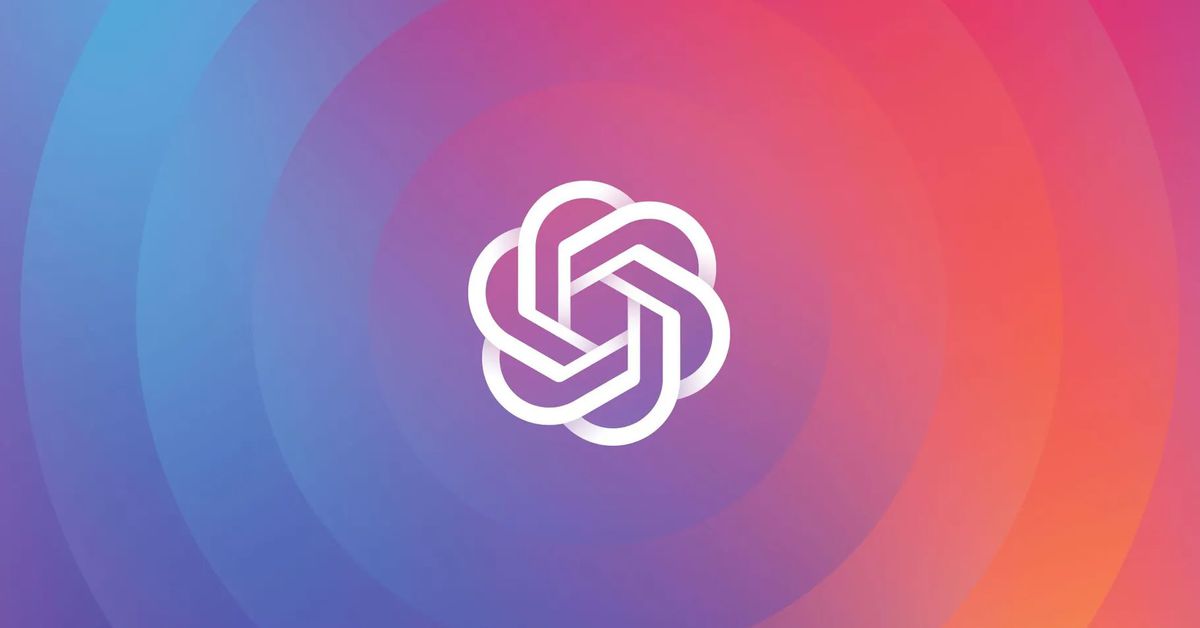OpenAI has publicly responded to a copyright lawsuit by The New York Times, calling the case “without merit” and saying it still hoped for a partnership with the media outlet.
In a blog post, OpenAI said the Times “is not telling the full story.” It took particular issue with claims that its ChatGPT AI tool reproduced Times stories verbatim, arguing that the Times had manipulated prompts to include regurgitated excerpts of articles. “Even when using such prompts, our models don’t typically behave the way The New York Times insinuates, which suggests they either instructed the model to regurgitate or cherry-picked their examples from many attempts,” OpenAI said.
OpenAI claims it’s attempted to reduce regurgitation from its large language models and that the Times refused to share examples of this reproduction before filing the lawsuit. It said the verbatim examples “appear to be from year-old articles that have proliferated on multiple third-party websites.” The company did admit that it took down a ChatGPT feature, called Browse, that unintentionally reproduced content.



Antiquated IP laws vs Silicon Valley Tech Bro AI…who will win?
I’m not trying to be too sarcastic, I honestly don’t know. IP law in the US is very strong. Arguably too strong, in many cases.
But Libertarian Tech Bro megalomaniacs have a track record of not giving AF about regulations and getting away with all kinds of extralegal shenanigans. I think the tide is slowly turning against that, but I wouldn’t count them out yet.
It will be interesting to see how this stuff plays out. Generally speaking, tech and progress tends to win these things over the long term. There was a time when the concept of building railroads across the western United States seemed logistically and financially absurd, for just one of thousands of such examples. And the nay sayers were right. It was completely absurd. Until mineral rights entered the equation.
However, it’s equally remarkable a newspaper like the NYT is still around, too.
I’ve been critical of IP laws, but fundamentally believe that they need to exist in some form to encourage creativity. Look no further than the writer’s guild strike for an example of individuals who wanted their bosses to steer clear of AI slop.
In fact, up until recently (when, coincidentally, their opinions started supporting giant AI corporations), critics of copyright were much more nuanced. But suddenly, a new strain of anti-copyright absolutists have arrived, lacking nuance and evidence for their beliefs. And if you question them too rigorously, they’ll pretend they aren’t absolutists.
Otoh copyright maximalists seem to be springing up everywhere
I’ve been advocating for anti-copyright since I discovered the works of the great Aaron Swartz.
I think that since AI corps are just effectively ignoring copyright, why not take the opportunity and just take copyright down for good?
I’m not too happy about AIs harvesting all the data they want, but since they are doing it anyway, just let anyone do it legally.
Not supporting them, but that’s the whole point.
A lot of closed gardens get disrupted by tech. Is it for the better? Who knows. I for sure don’t know. Because lots of rules were made by the wealthy, and technology broke that up. But then tech bros get wealthy and end up being the new elite, and we’re back full circle.
seems like they’re mostly for the worse, really.
Wikipedia destroyed the paper encyclopedia business.
Online courses disrupted higher education. Half of my team don’t have a degree in computer science.
Say what you want about Airbnb/Uber, but the time before that was a shit show to be a black person trying to hail a taxi.
I’m sure you can name dozens of wtfs like Facebook, and misinformation. But I’m not so pessimistic because we got a lot of real great cultural shifts in the past twenty years.
neither wikipedia nor online education aimed to be disruptive. and the only good thing you can say about airbnb and uber are “it’s easier for black ppl to get a taxi”